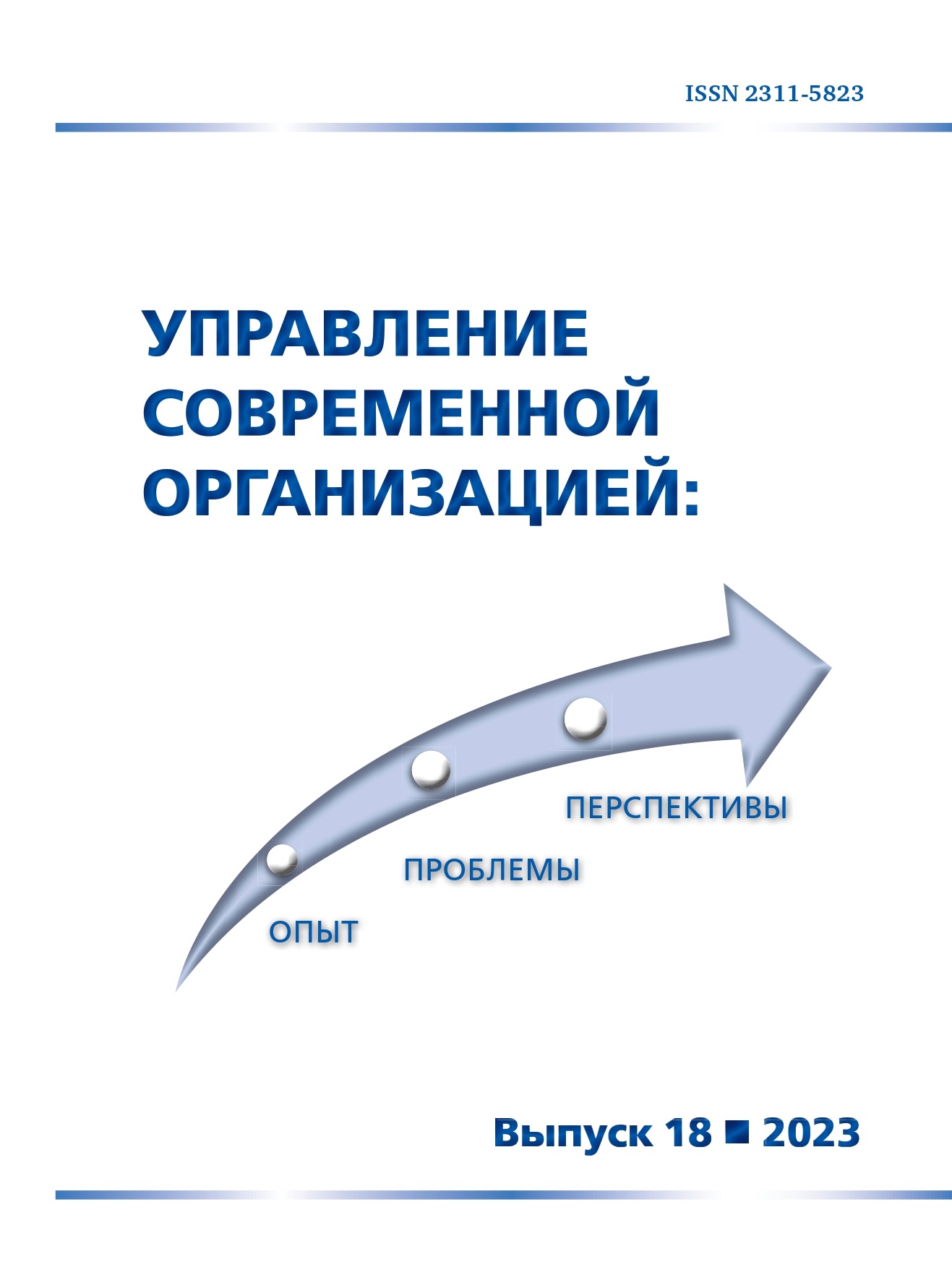INDIVIDUAL PSYCHOLOGICAL TRAITS AND COMMUNICATION AND ORGANIZATIONAL ABILITIES AS COMPONENTS OF THE PSYCHOLOGICAL PORTRAIT OF THE PROJECT TEAM LEAD
Main Article Content
Abstract
In modern realities, interpersonal communication, both verbal and non-verbal, is a key component in the offline and online interaction of individuals in formal and informal environments.It is important in any situational case to convey the necessary information with a clear contextual message to the individual. For example, when organizing work in the «process component» scheme of a team and voicing the execution of the stages of a project, it is important for the employee to maintain self-control and confidence when interacting in the project team. Here, of course, the communication and organizational skills of the individual member of the project team play an important role. Also complex personalistics, including the predominance of extraversion, character traits, or introversion the degree of authority among employees, a tendency to irritation, anxiety, a predisposition to stress and a tendency to frustration when performing production tasks determine theleading importance when working in a team.In the article, the authors consider the test methodology — the EPQ questionnaire (the fourth version of the methodology for identifying personality temperament classifiers, which is based on the «PEN» model — Psychoticism, Extraversion, and Neuroticism (psychoticism, extraversion and neuroticism), developed by Hans and Sibylla Eysenck).This methodology is used in the analysis of individual psychological traits.The goal that the authors set for themselves is to explore the properties of a leader's temperament using the «Hans Eysenck Personality Questionnaire», compare them with the results of a study of communication and organizational abilities, thereby obtaining a psychological portrait of the project team leader.The authors, based on the information obtained during the practical application of the mentioned test methodology, seem to be able to form a pool of leading individual psychological traits of a manager and design the fundamental characteristics of a manager.Considering the results of the EPQ questionnaire in the context of their projection on the organization of activities, it is possible to general to show their influence on the management of activities exhibited by members of the implementation of the procedural tasks of the project assigned to them.
Downloads
Article Details
References
Двинин А. П., Романченко И. А. Психодиагностика. Образование и кадровый менеджмент. СПб. : Люмьер,
2015. 148 с. [Dvinin A. P., Romanchenko I. A. Psychodiagnostics. Education and personnel management. St. Petersburg : Lumiere, 2015. — 148 p. (In Russ.)]
Канаев И. И. Френсис Гальтон (1822–1911). Л., 1972 [Kanaev I. I., Francis Galton (1822–1911). Leningrad, 1972 (In Russ.)].
Российская педагогическая энциклопедия: в 2 т. М. : Большая Российская энциклопедия, 1993. Т. 1. С. 189–190 [Russian Pedagogical Encyclopedia: in 2 volumes. Moscow : Bol'shaya Rossijskaya enciklopediya. 1993. Vol. 1. pp. 189–190 (In Russ.)].
Шамардина М. В., Киреева Н. В., Клевцова Е. А. Изучение совладающего поведения руководителей государственной гражданской службы в контексте командных ролей // Экономика Профессия Бизнес. 2023. № 1 [Shamardina M. V., Kireeva N. V., Klevtsova E. A. Studying the coping behavior of public civil service managers in the context of team roles. Ekonomika Professiya Biznes = Economics Profession Business. 2023;1 (In Russ.)].
Ярошевский М. Г. История психологии. М., 1985. Гл. 11 [Yaroshevsky M. G. History of psychology. Moscow, 1985.
Chapter 11 (In Russ.)].
Forrest D. W. Francis Galton: the life and work of a Victorian genius. Leningrad, 1974. Pearson K. The life, letters and labours of Francis Galton. V. 1–3. Camb., 1914.

